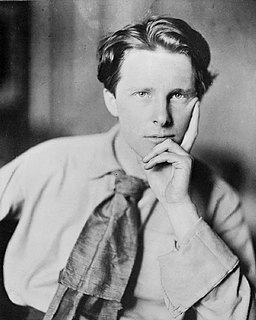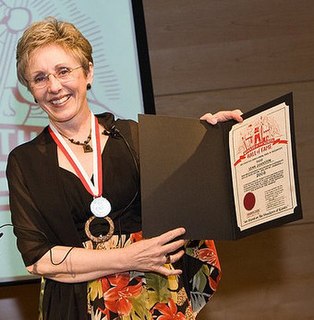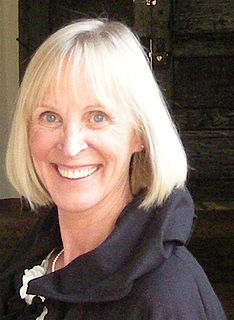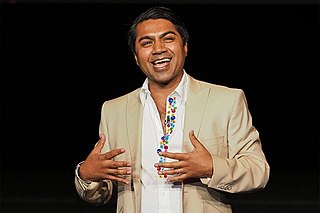A Quote by Ellen Glasgow
A good novel cannot be too long or a bad novel too short.
Related Quotes
In general, I think every novel is a political novel, in that every novel is an argument about how the world works, who has power, who has a voice, what we should care about. But political novels can be boringly polemical if they end up being too black and white, too one dimensional, like war is bad, killing people is wrong.
You can't have a novel without real, believable people, and once you get into either too theoretical a novel or too philosophical a novel, you get into the dangers that the French novel has discovered in the past 50 or 60 years. And you get into a sort of aridity. No, you have to have real, identifiable people to whom the reader reacts in a way as if they were real people.
If you don't like my book, write your own. If you don't think you can write a novel, that ought to tell you something. If you think you can, do. No excuses. If you still don't like my novel, find a book you do like. Life is too short to be miserable. If you do like my novels, I commend your good taste.
The Confessions of Catherine de Medici is a dramatic, epic novel of an all-too-human woman whose strength and passion propelled her into the center of grand events. Meticulously-researched, this engrossing novel offers a fresh portrait of a queen who has too often been portrayed as a villain. Bravo Mr. Gortner!
I always was interested in prose. As a teenager, I published short stories. And I always wanted to write the long short story, I wanted to write a novel. Now that I have attained, shall I say, a respectable age, and have had experiences, I feel much more interested in prose, in the novel. I feel that in a novel, for example, you can get in toothbrushes and all the paraphernalia that one finds in dally life, and I find this more difficult in poetry.
The average detective story is probably no worse than the average novel, but you never see the average novel. It doesn't get published. The average -- or only slightly above average -- detective story does.... Whereas the good novel is not at all the same kind of book as the bad novel. It is about entirely different things. But the good detective story and the bad detective story are about exactly the same things, and they are about them in very much the same way.
In my head, the 5 issues of A Spoon Too Short comprise one novel: a 100 page graphic novel sequel to Douglas' two Dirk books, taking some of the ideas he was working on before he died, and a whole bunch of new stuff from me and a little from Max Landis (who is the Executive Producer on the book as well as writing the forthcoming TV series).
One easy mistake to make with the first novel is to expand the short story. Some things are better as a story; you cannot dilute things into a novel. I think the first hundred pages of a novel are very important. That's where you set things up: the world, the characters. Once you've set that up, it'll be much easier.






































